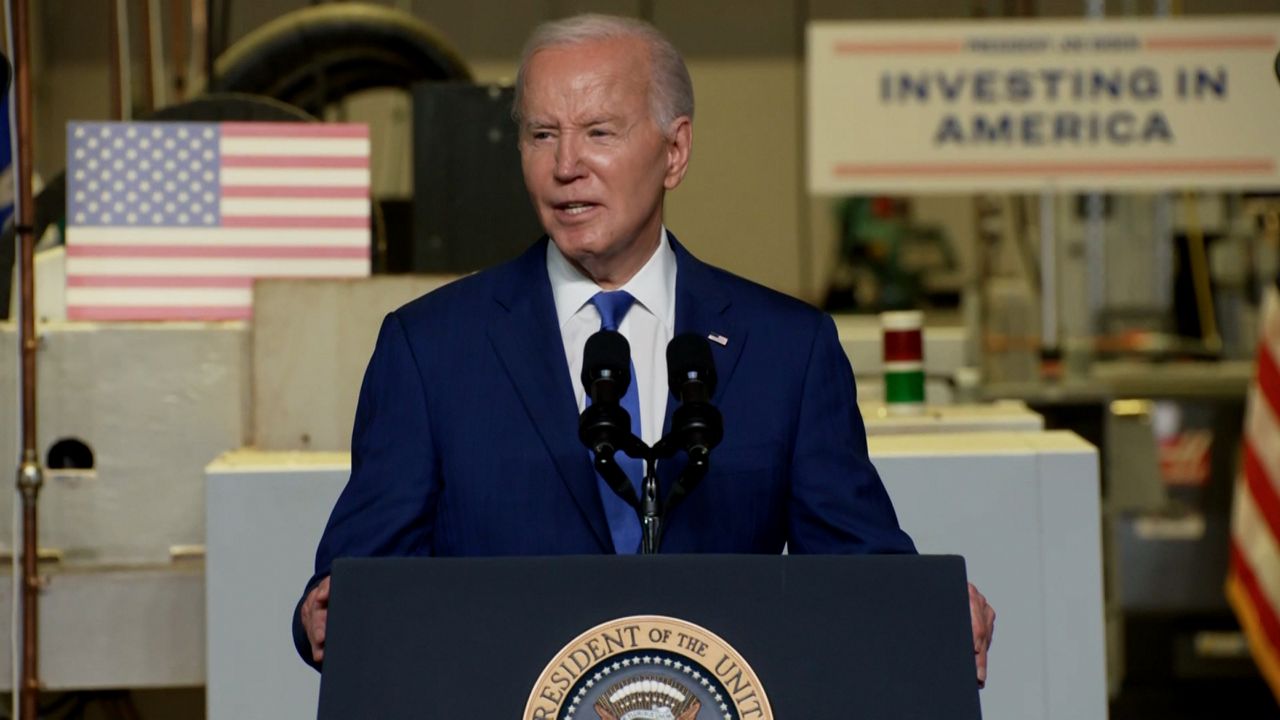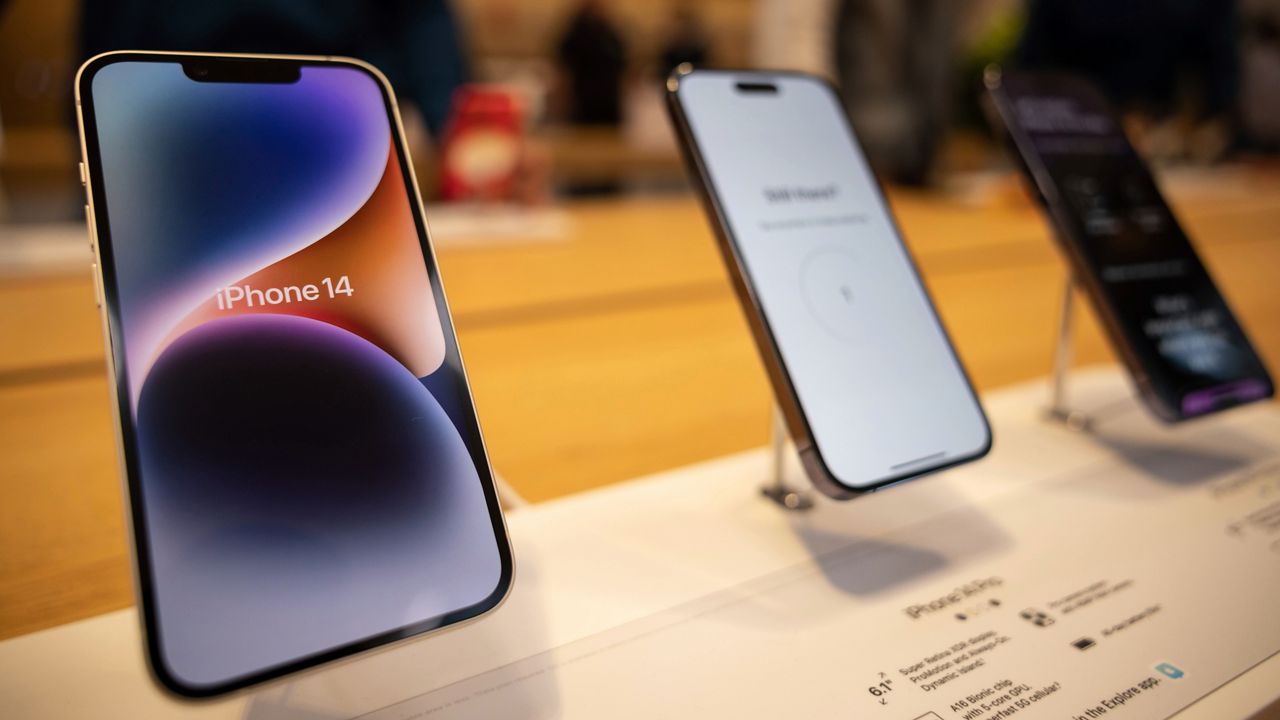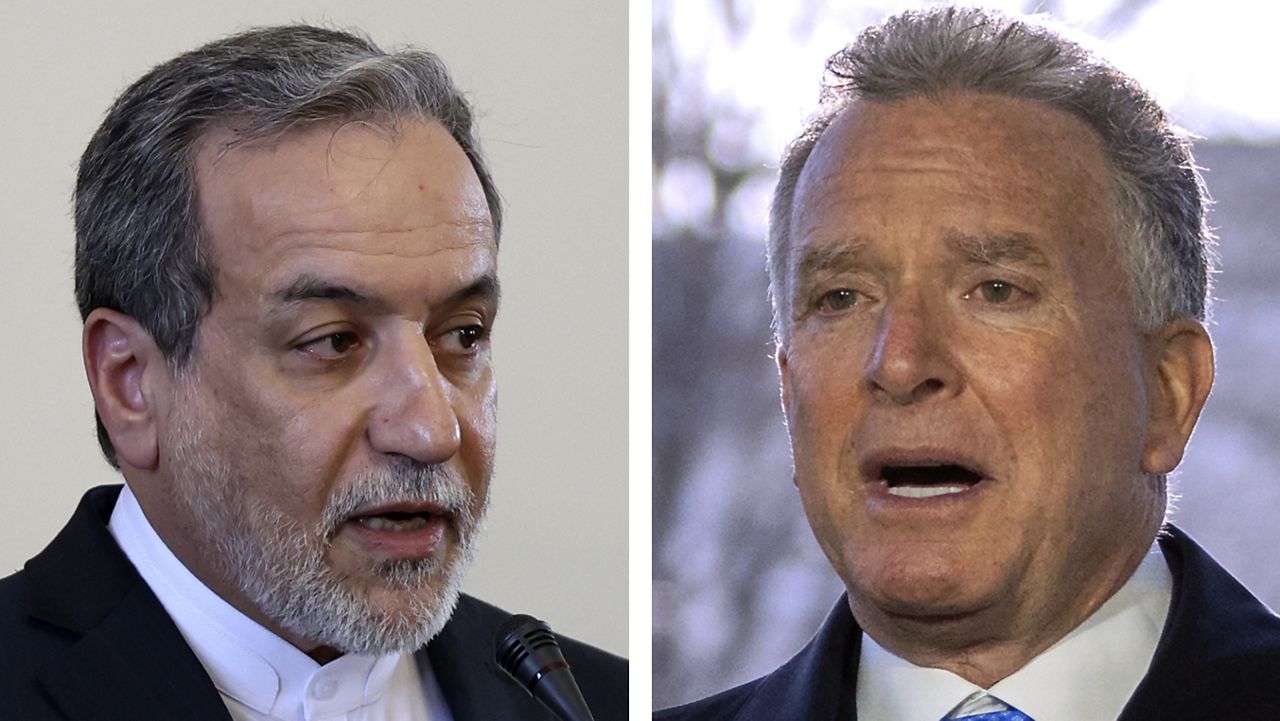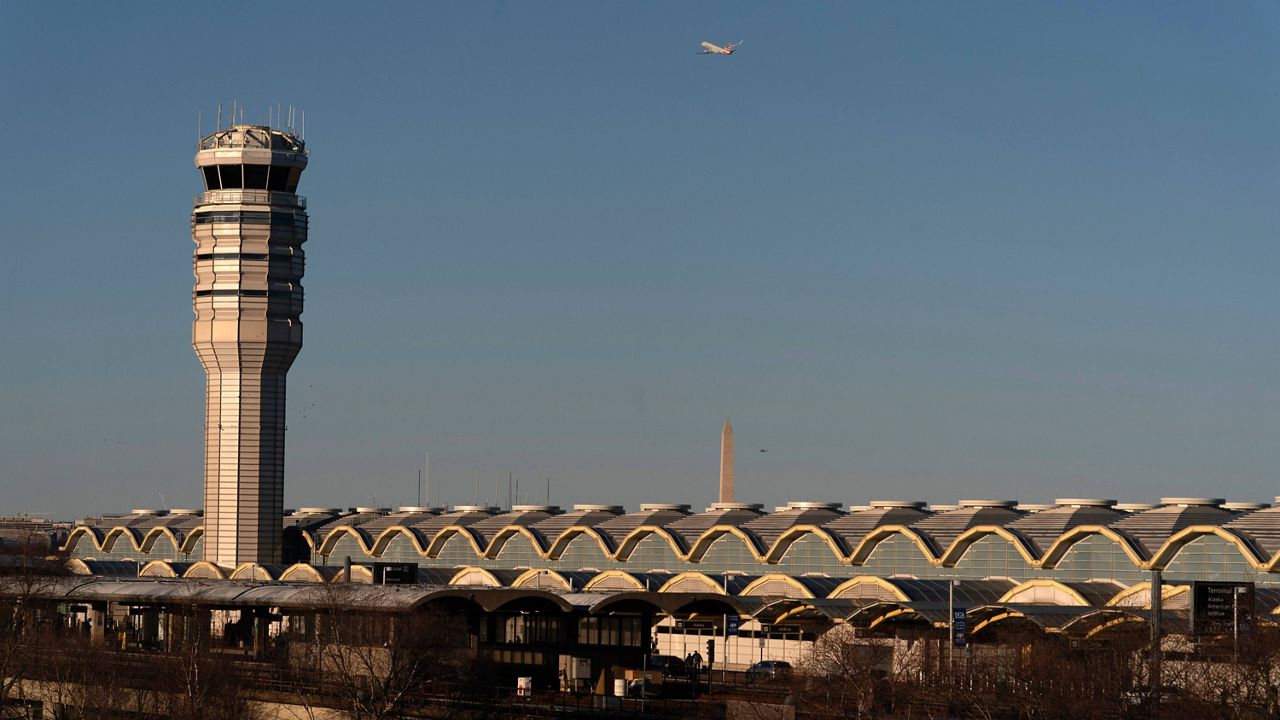When former President Donald Trump stopped in Festival Park in Racine on Tuesday for his third campaign rally in battleground Wisconsin this year, President Joe Biden’s reelection campaign and the Democratic National Committee was prepared. Throughout the day, the campaign and the DNC fired off a series of emails and rolled out new billboards in the area hitting back on Trump’s record in the Badger State, focusing mainly on one topic – job losses.
“Want to know what’s really ‘horrible?’” one billboard put up by the DNC asked, playing off of Trump’s reported description of Milwaukee last week. “Donald Trump for Wisconsin’s economy.”
“Foxconn failure,” the billboard continued before mentioning manufacturing job losses under the former president.
The billboards and the Biden team’s main line of attack hearken back to an attention-grabbing event last month in which Biden traveled to the site of what was once set to be home to a thriving new Foxconn campus in Racine, bringing up to 13,000 jobs to the community. The factory, which was lauded by then-President Trump, who even traveled to the site to break ground on the project in 2018, never fully came to fruition.
When Biden had the chance in May to step foot on the same ground and tout Microsoft’s plan to build a data center set to bring 2,300 union construction jobs and 2,000 permanent jobs overtime, he took it – and later put the contrast he hoped to create with his predecessor while there succinctly.
“He's never succeeded in creating jobs and I have never failed,” Biden told CNN that day in Racine, Wisconsin.
The Democratic president has made creating “good-paying jobs,” including bringing work overseas back to America, a central theme of his economic agenda at home.
But as Biden stares down a likely contentious rematch with Trump this November, he has not been able to shake what has been a months-long reality surrounding his bid for another four years in the White House: polls showing Americans aren’t sold on his handling of an issue that has historically been key for incumbent presidents seeking reelection – the economy.
And with inflation having cooled since its June 2022 peak but still sitting well above the Federal Reserve’s 2% target, interest rates at a 23-year high and multiple all-hands-on-deck tours around the country by Biden administration officials pitching “Bidenomics” having fallen short of changing poll results on the president’s economic approval rating, time is of the essence for the incumbent less than six months from the election.
In the face of that, Biden often touts the more than 15 million jobs created during his time in office, including as recently as Tuesday at a White House event focused on immigration. But what that figure means to voters’ perception of the economy in November still remains to be seen.
Economists do not dispute the importance of the employment situation, including job creation, on the economy’s overall standing.
“There's a very strong correlation between the health of the labor market and also the health of the overall economy,” Lee E. Ohanian, an economics professor at UCLA and an advisor to the Federal Reserve Bank of Minneapolis, said.
And American University professor Ioannis Spyridopoulos, who concentrates on corporate finance and financial networks, made the case that on the surface, the fact that the U.S. saw 15 million jobs added in the last few years is “unambiguously good news.” Former President Barack Obama saw the economy add about 11.3 million jobs during his eight years in office, for instance, while about 2.1 million were added during former President George W. Bush’s two terms in the Oval Office. Close to 23 million jobs were created during former President Bill Clinton’s eight years.
But “how good this is,” Spyridopoulos continued, is “more difficult to say.”
“The situation is that the president took over right after one of the worst periods,” he said.
The impact of that period – the COVID-19 pandemic – is essential to understanding the context behind jobs gains over Biden’s first three years, Spyridopoulos and Ohanian emphasized.
“The job growth we’ve seen since Biden took office and also which began in the last few months of Trump's presidency was really the rebound of the COVID job shutdowns,” Ohanian said. “So what we’ve seen in the last few years since COVID was really just a restoration of those jobs.”
In total, Trump left the White House with the U.S. economy having lost about three million jobs over his four years in office, according to the Bureau of Labor Statistics. But before the pandemic began to overtake the country in March 2020, the economy saw the addition of about 6.7 million between January 2017, when Trump was inaugurated, and February 2020, which amounts to the former president’s first 38 month’s in office. Over the same amount of time during Biden’s presidency, the U.S. saw the creation of about 14.9 million.
As of last month, the most recent jobs figure -- although still preliminary -- shows the U.S. economy is up about six million jobs since February 2020, just before the pandemic hit. Ohanian pointed out however that the unemployment rate in February 2020 was lower, 3.5%, than it is currently.
“The economy started out in a hole due to the pandemic when President Biden assumed the presidency and so part of the process was getting out of that hole,” UCLA urban planning professor Chris Tilly, who focuses on labor markets, said. “That’s a lot of jobs to create.”
While Tilly agreed the pandemic impacted the number of jobs added since Biden took office, he also called the jobs created per month since February 2022 – the month he said could be seen as the end of the most significant impacts of the pandemic – “still phenomenal.” He noted that, overall, Europe’s economy has not “recovered nearly as fast” as the U.S. economy, citing stimulus during COVID under Biden and Trump as well as the “expansive federal government spending” in some of Biden’s signature legislative victories, such as the Inflation Reduction Act and Bipartisan Infrastructure bill.
“If you give a bunch of money away to people, then that’s going to stimulate the economy,” he said.
“The president believed from the very beginning that if we made strong investments, we invested in not just American industries, but American workers, we could see this kind of result,” Acting Labor Secretary Julie Su told Spectrum News in an interview after the release of May jobs figure in June. “And I think these are all, you know of his theory of the case.”
But Ohanian cited the “massive federal stimulus” for helping drive the inflation that has dominated talk of the economy under Biden.
Although economists say the policies put into effect by the government can influence job creation and the economy, they are also skeptical about giving any one president much credit or blame.
“Yes, presidents can make a difference but there's so many influences,” Tilly said. “We have a bunch of different actors, most of whom the president doesn't control, the Federal Reserve has a huge impact, Congress has the power of the purse.”
As far as what it will all mean for voters this November?
“What people are most concerned with is does the job they have now pay the bills in the way that they want it to be able to,” Professor and Director of Political Management at George Washington University Todd Belt argued when Biden went to Racine last month. “And that’s the actual problem.”








